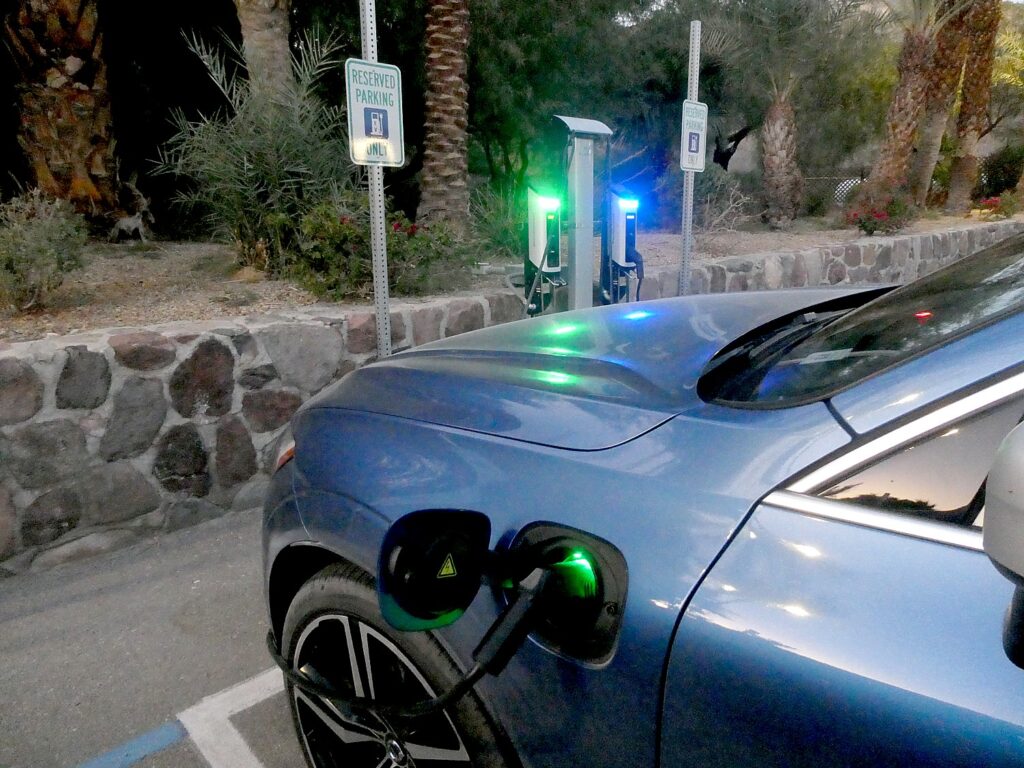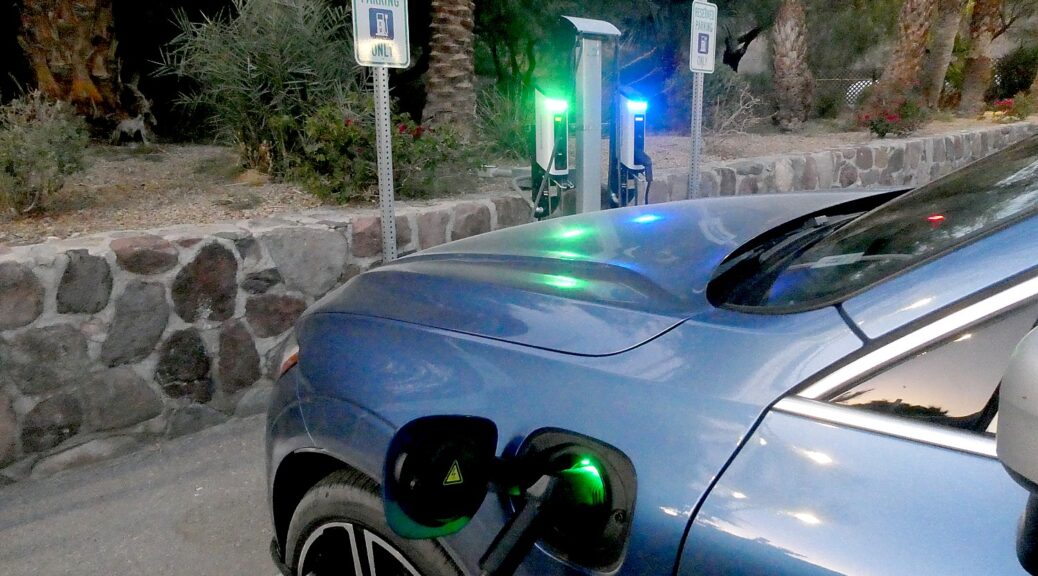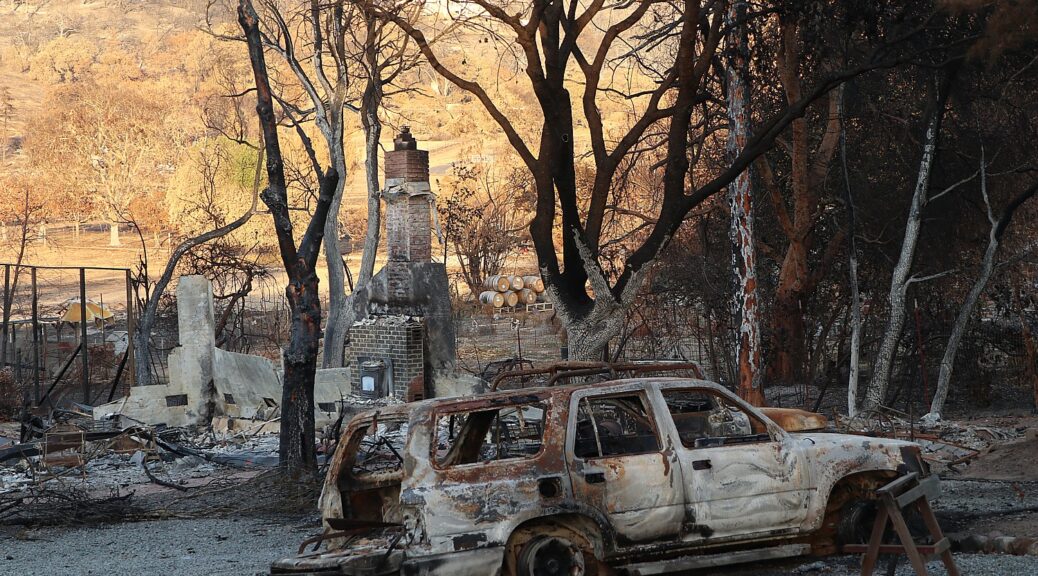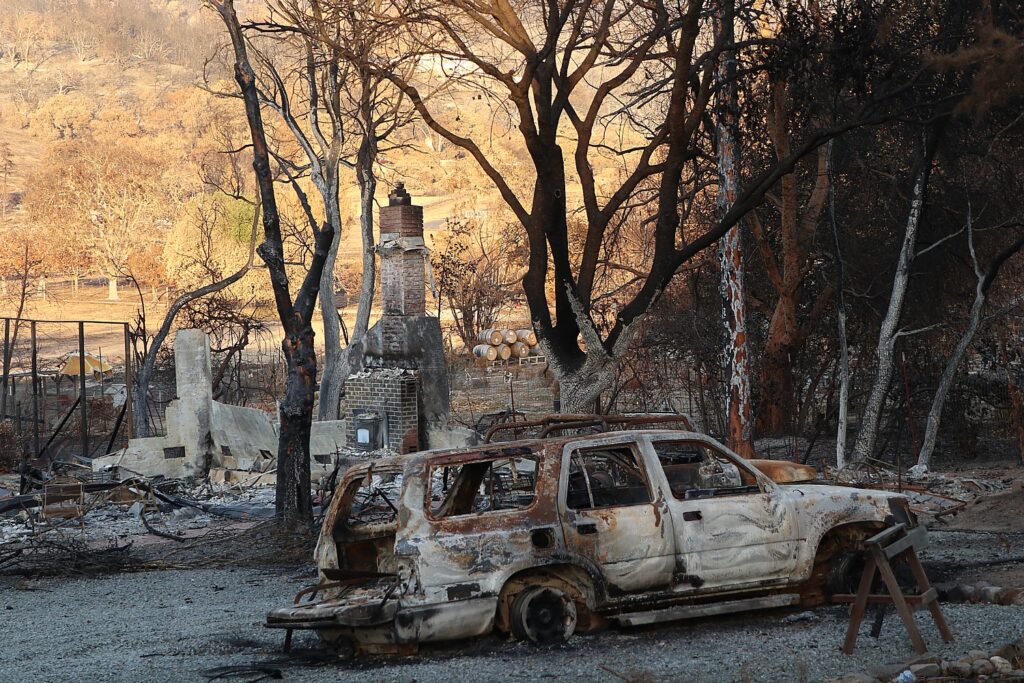
The White House released updated state fact sheets that highlight the nationwide impact of the Infrastructure Investment and Jobs Act, the largest long-term investment in our infrastructure and competitiveness in nearly a century.
The fact sheets highlight how the historic legislation will deliver for states and territories across the country to repair roads and bridges, improve transportation options, build a network of EV chargers to accelerate the adoption of EVs, help connect every American to reliable high-speed internet, eliminate the nation’s lead service lines and pipes for clean drinking water, protect against extreme weather events and cyberattacks and improve our nation’s airports.
In the coming days and weeks, we expect to receive additional data on the impact of the Infrastructure Investment and Jobs Act state by state.
Individual fact sheets for each of the 50 states, the District of Columbia and Puerto Rico are linked below.
Fact Sheets by State/Territory:
Alabama
Alaska
Arizona
Arkansas
California
Colorado
Connecticut
Delaware
District of Columbia
Florida
Georgia
Hawaii
Idaho
Illinois
Indiana
Iowa
Kansas
Kentucky
Louisiana
Maine
Maryland
Massachusetts
Michigan
Minnesota
Mississippi
Missouri
Montana
Nebraska
Nevada
New Hampshire
New Jersey
New Mexico
New York
North Carolina
North Dakota
Ohio
Oklahoma
Oregon
Pennsylvania
Puerto Rico
Rhode Island
South Carolina
South Dakota
Tennessee
Texas
Utah
Vermont
Virginia
Washington
West Virginia
Wisconsin
Wyoming



